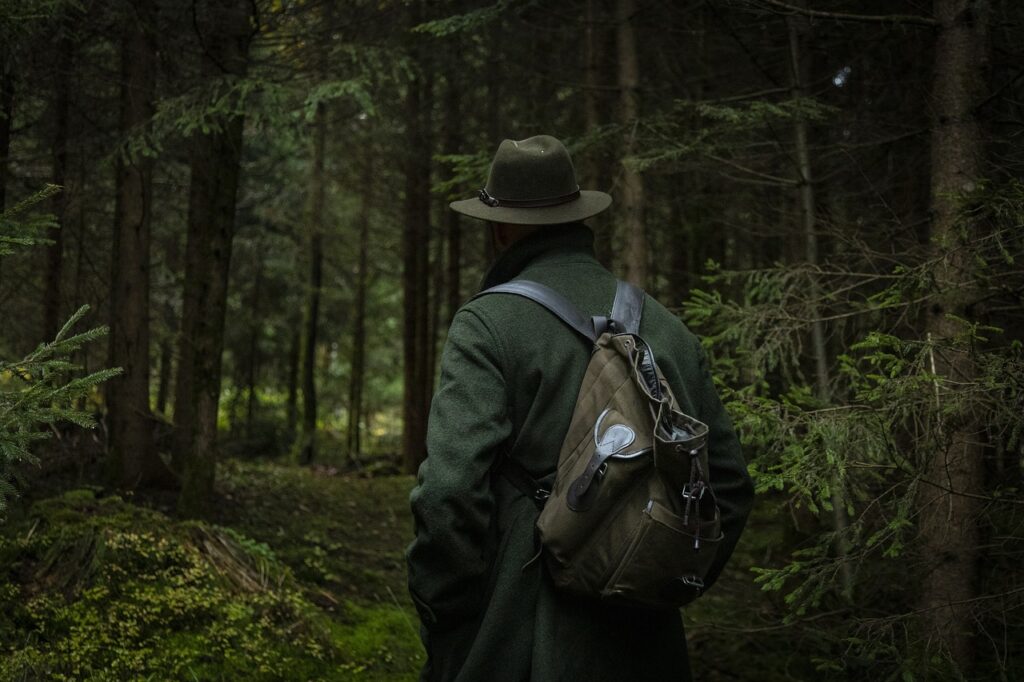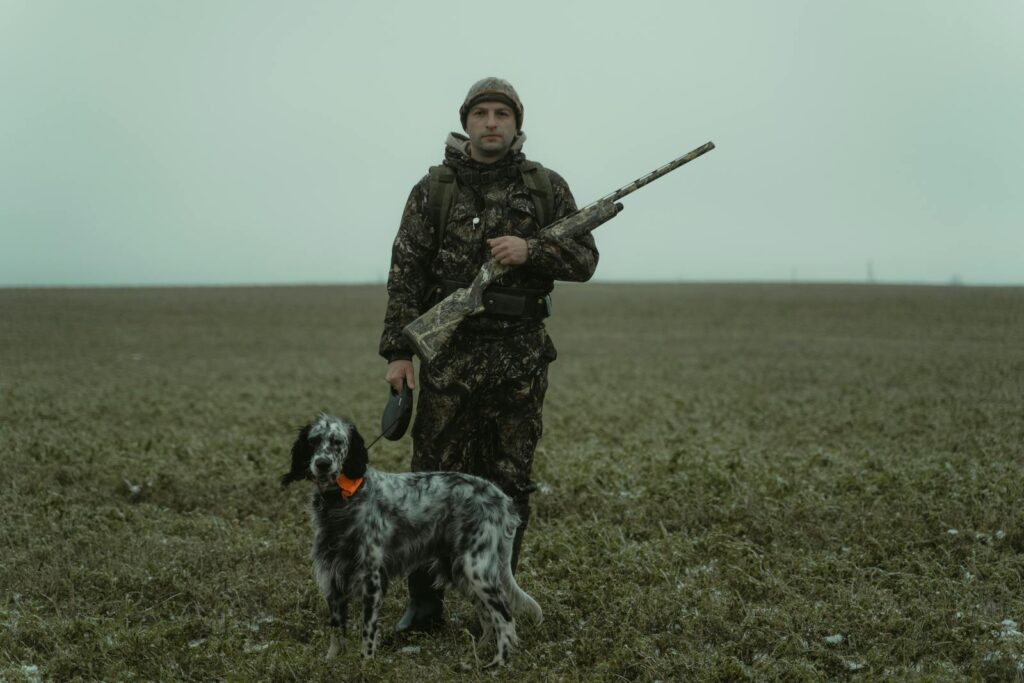There’s something transformative about stepping into the wilderness, where the rhythm of nature takes over. Hunting isn’t just about the game—it’s about the mind. It requires focus, patience, and a connection to something greater.
For many, early experiences in the woods shaped this perspective. The sound of leaves crunching underfoot, the silence before the shot—these moments teach discipline and mindfulness. Over time, the hunt evolves from a pursuit of game to a practice of self-mastery.
The Philosophy of Mindful Hunting
Hunting is more than a sport; it’s a return to our roots. It teaches patience, respect for nature, and the ability to remain calm under pressure. A true hunter doesn’t just track prey—he sharpens his mind, mastering control over breath and thought.
Traditional vs. Mindful Hunting
| Aspect | Traditional Hunting | Mindful Hunting |
|---|---|---|
| Focus | On the target | On the moment |
| Purpose | Harvesting game | Personal growth |
| Approach | Utilitarian | Meditative |
Meditation becomes an invaluable tool. Controlled breathing fosters clarity, while deep observation hones instincts. Every moment in the field is an opportunity to strengthen focus and cultivate discipline.

Lessons from the Field
Early mornings in the forest serve as a silent classroom. The stillness teaches patience. The waiting sharpens awareness. It’s not just about the hunt—it’s about the journey. The breath, the focus, the ability to stay present.
I recall my first hunt with a loyal beagle. The dog’s excitement was infectious, but the real lessons came in the quiet moments—watching, waiting, learning the land. Over time, hunting became less about the kill and more about the mindset it forged.
Breathing Techniques for Focus
Mastering focus begins with mastering breath. In the unpredictable environment of the field, these techniques become essential:
- Box Breathing: Inhale for four counts, hold for four, exhale for four, pause for four. This steady rhythm calms the mind and sharpens awareness.
- Focal Point Visualization: Choose an object in the environment and focus completely on it to eliminate distractions.
These methods aren’t just useful in the field—they translate into everyday life, reinforcing discipline and mental clarity.
Mantras for Overcoming Doubt
A simple phrase can anchor the mind in high-pressure moments. Mantras like “Stay calm, stay focused” serve as a reset when frustration arises. In a long wait or a critical moment, repeating a mantra brings control and clarity.
The Ethics of Hunting: Respecting the Game
Mindfulness extends beyond personal mastery—it shapes ethical hunting. True sportsmanship lies in selective hunting, understanding ecosystems, and respecting the land. Every hunt carries responsibility, ensuring balance between nature and necessity.
Traditional hunting practices remind us that patience and observation are just as vital as skill. Tracking a deer isn’t just about taking a shot—it’s about learning the land, reading its signs, and respecting the hunt’s deeper meaning.

Harnessing Mental Focus in the Field
Mental preparation starts long before the hunt begins. Rituals like breath control, visualization, and meditation help enter the field with clarity.
- Pre-Hunt Meditation: Take a few moments to focus on breath and clear mental clutter.
- Mental Rehearsal: Visualize the hunt step by step, from tracking to the shot, reinforcing confidence and precision.
- Refocus Under Pressure: If doubt creeps in, reset with controlled breathing or a mantra to regain control.
Mindful Preparation vs. Traditional Approach
| Aspect | Traditional Approach | Mindful Approach |
| Preparation | Physical readiness | Mental & physical balance |
| Focus | On the game | On the moment |
| Tool | Weapon as a tool | Weapon as a responsibility |
Integrating Mindfulness into the Hunt
Practical mindfulness tools enhance performance and deepen the experience:
- Breathing Exercises: Box breathing before and during hunts to maintain calm.
- Focus Cards: A simple phrase written down (e.g., “Stay steady”) to glance at for mental grounding.
- Emotional Check-ins: Pause and ask, “Am I calm?” If not, breathe and re-center.
- Natural Focal Points: Find an object in the surroundings to lock onto when distractions arise.
By making these techniques part of daily life, hunters refine not just their skills but their mental discipline, creating a holistic approach to the pursuit.
Conclusion
Hunting is more than the thrill of the chase—it’s a test of discipline, focus, and respect. By integrating mindfulness, breath control, and ancestral wisdom, it becomes a practice of self-improvement. The hunt is a mirror, reflecting the balance between instinct and intellect.
Each outing is an opportunity to grow. The patience learned in the field translates to everyday challenges. The focus honed in silence shapes confidence in all aspects of life. True mastery isn’t just in the shot—it’s in the mindset behind it.
Adopt these mindfulness techniques and redefine your hunt. The lessons you learn in the wild will shape the man you are beyond it.









